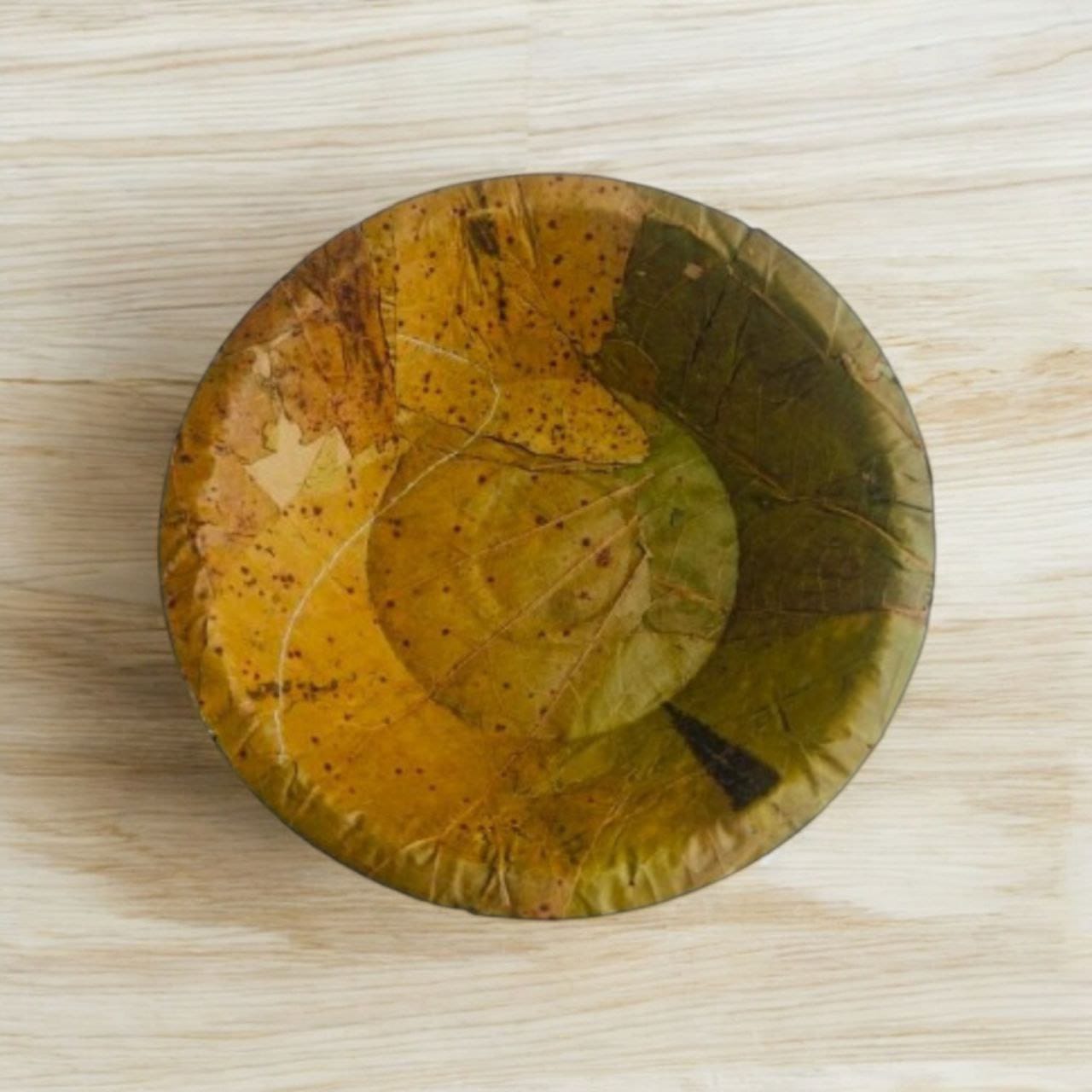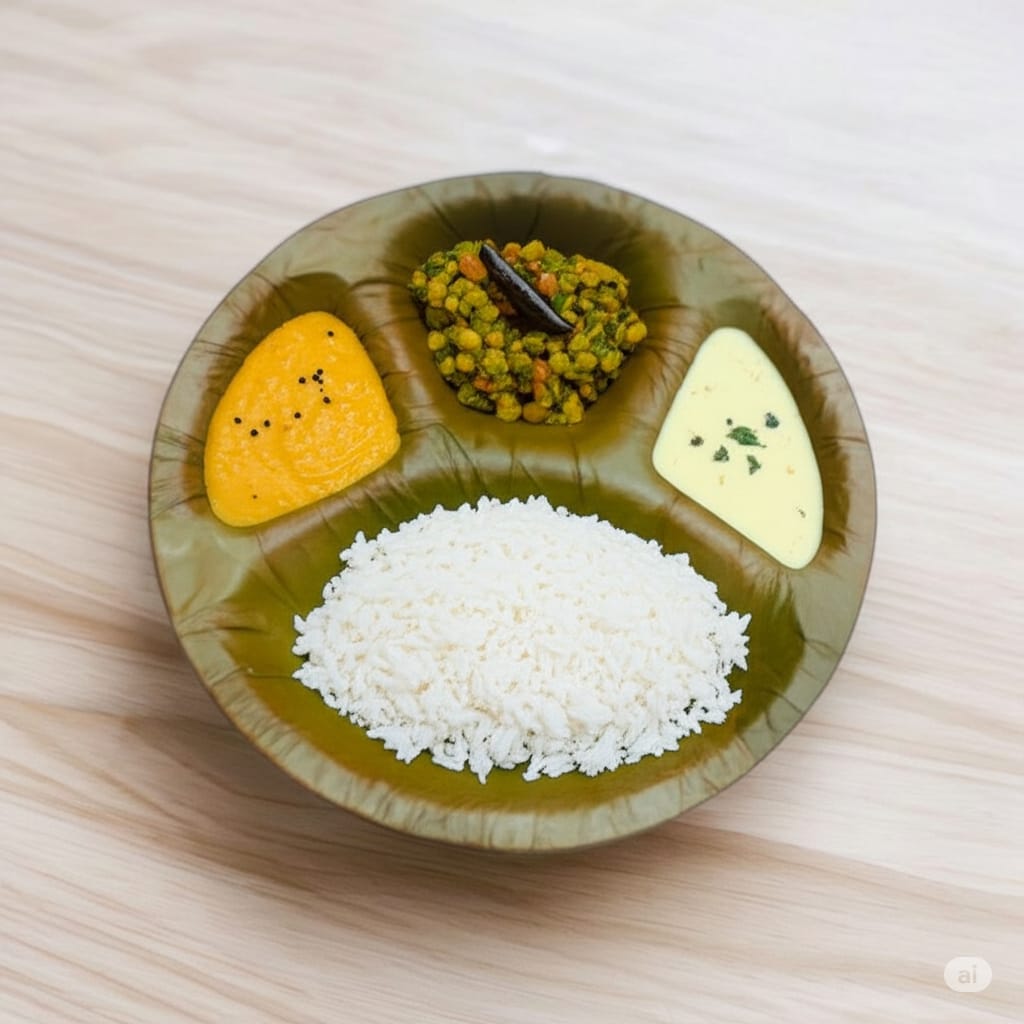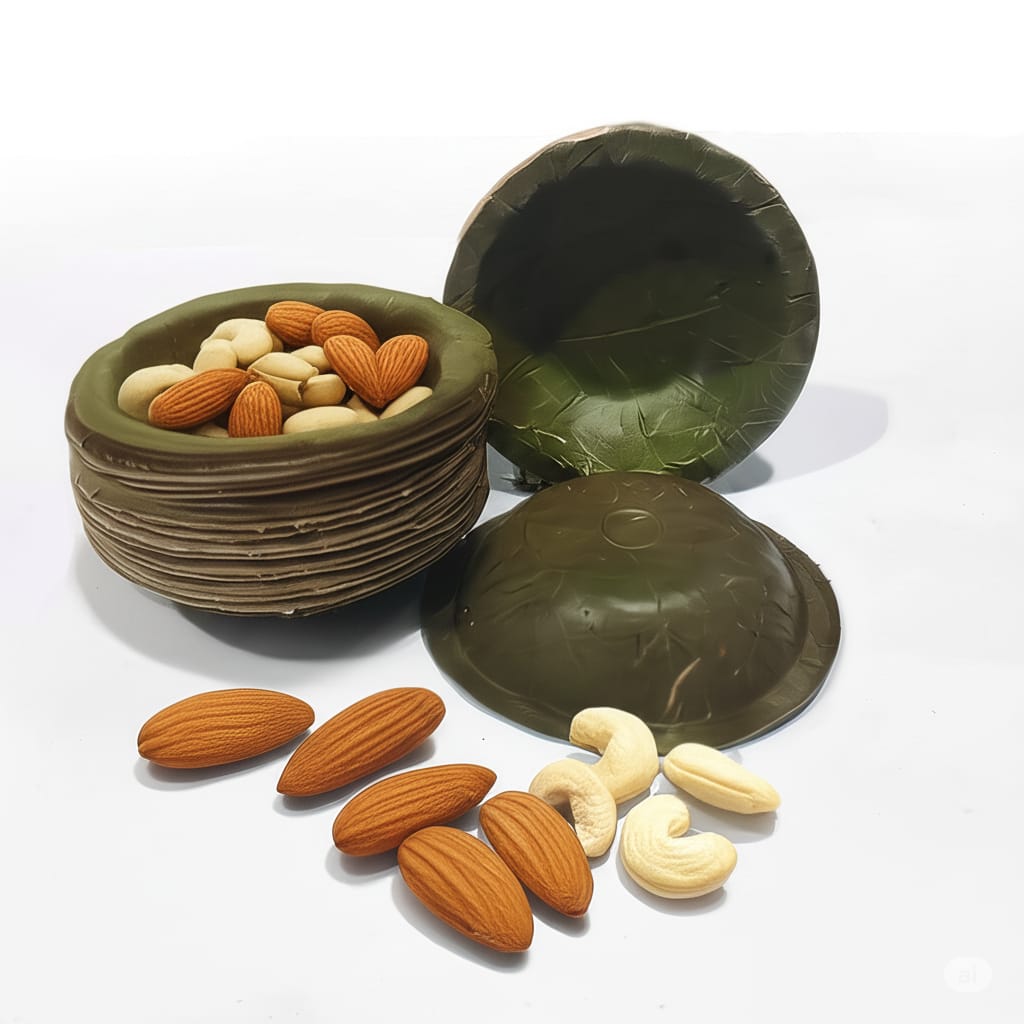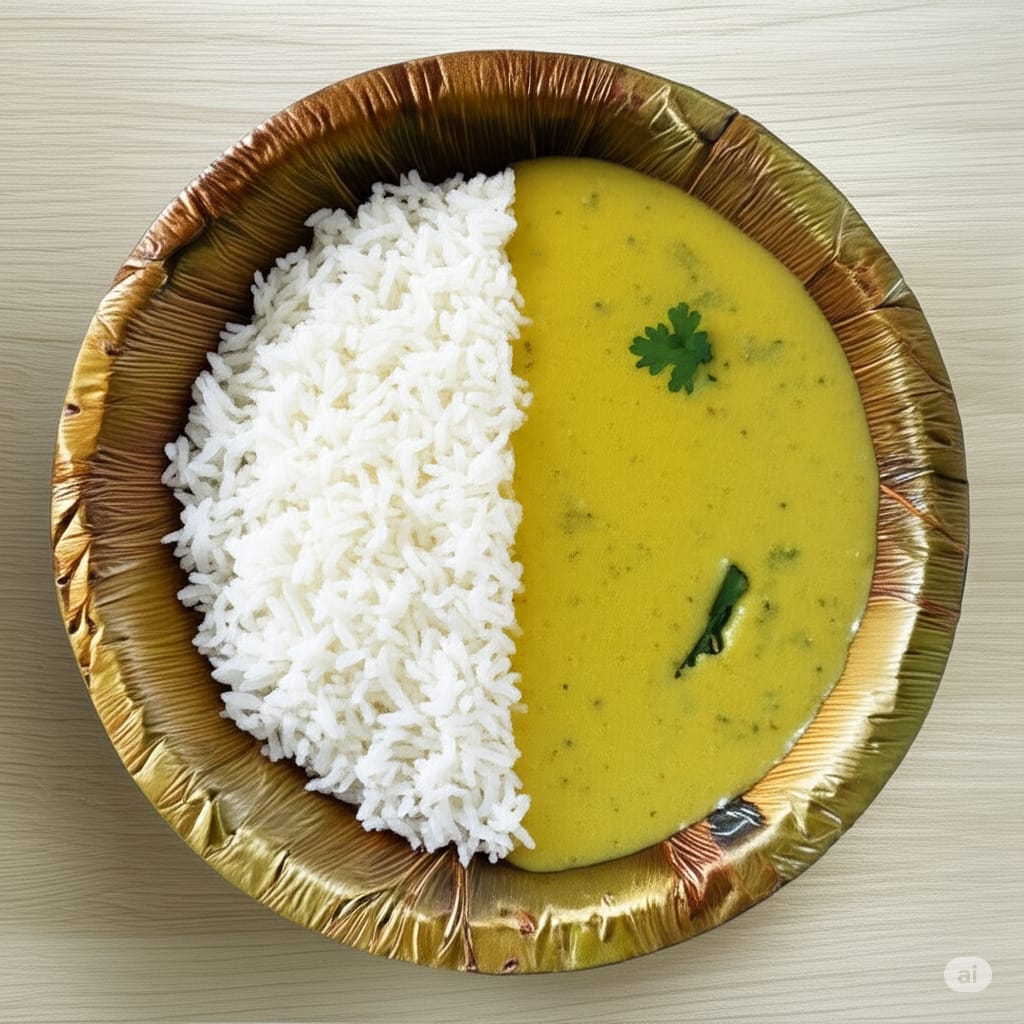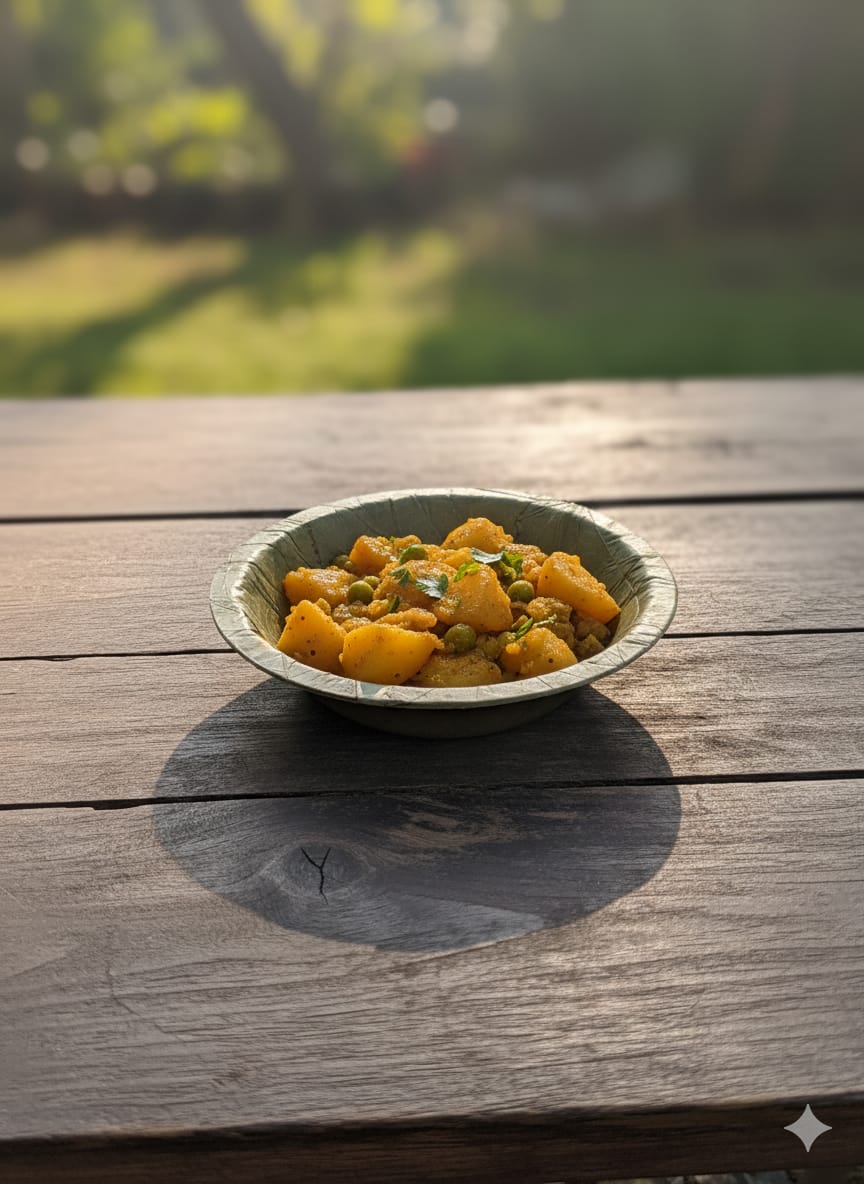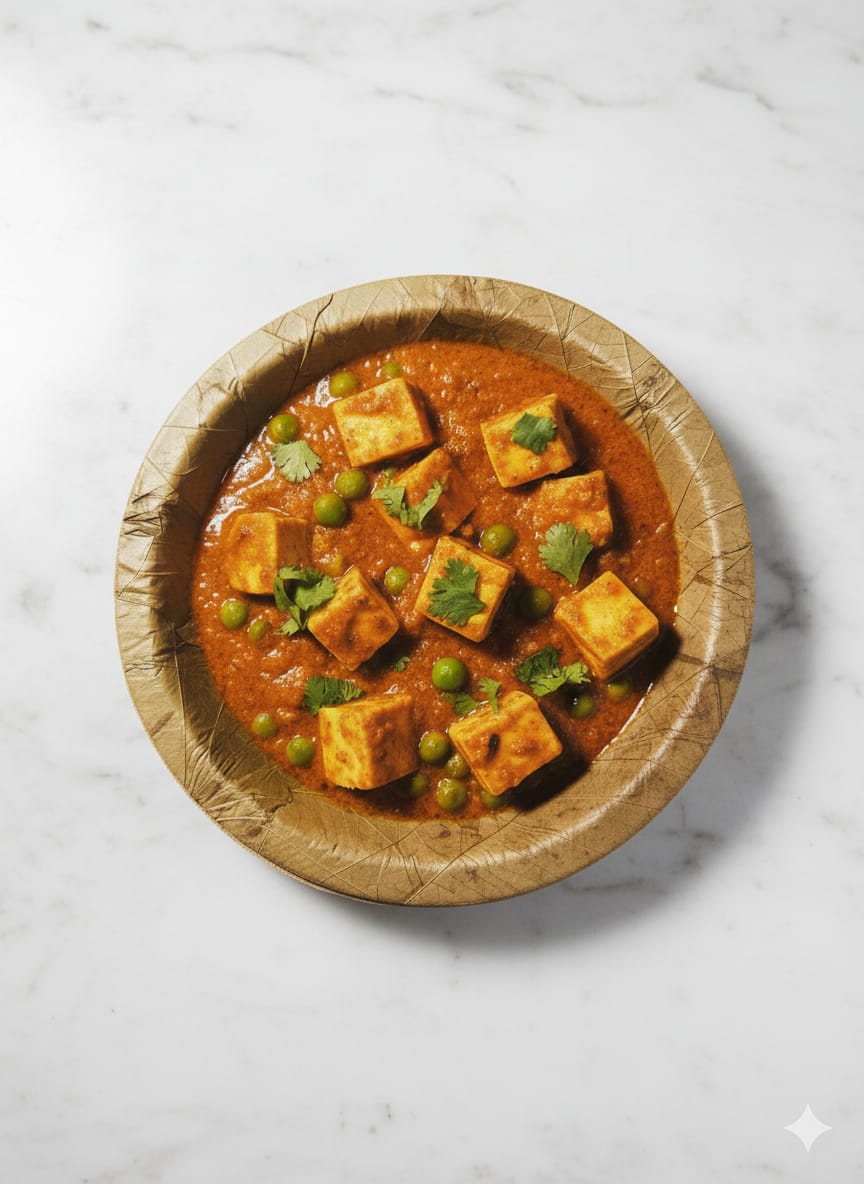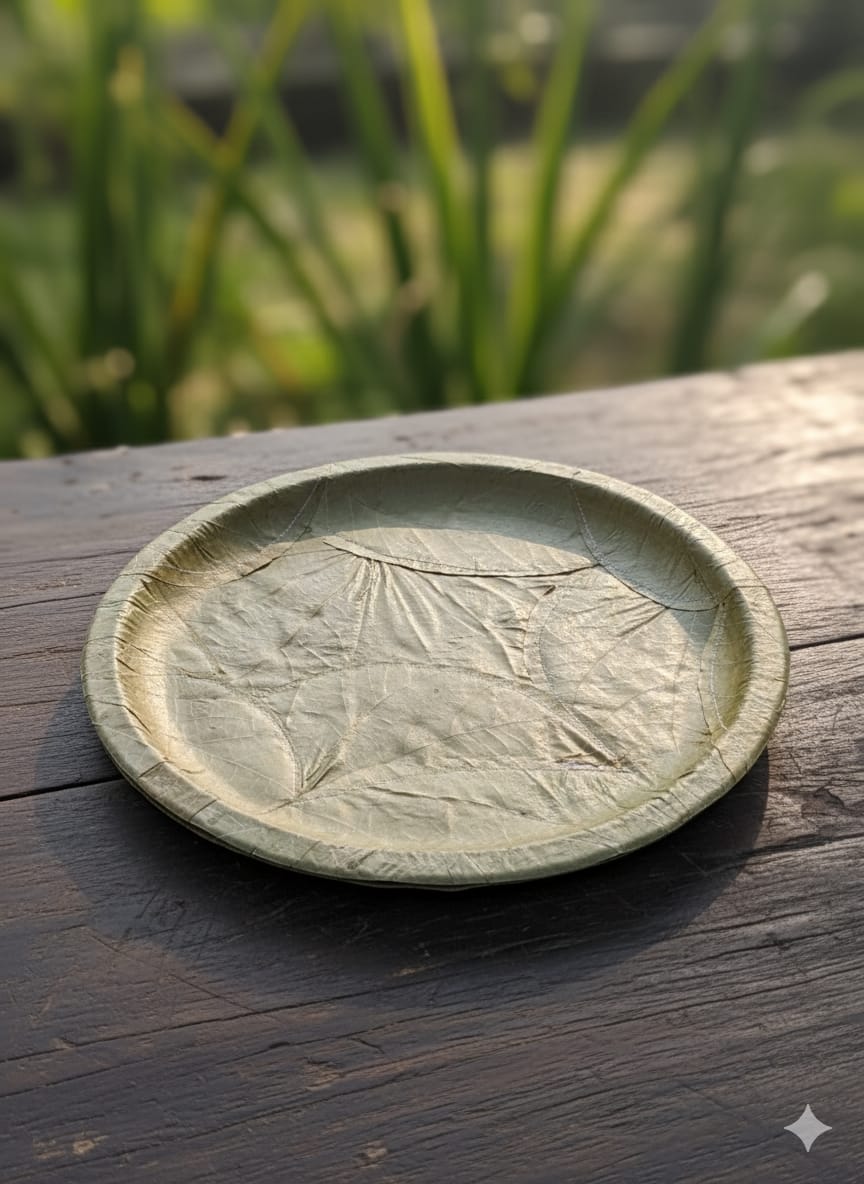Blogs
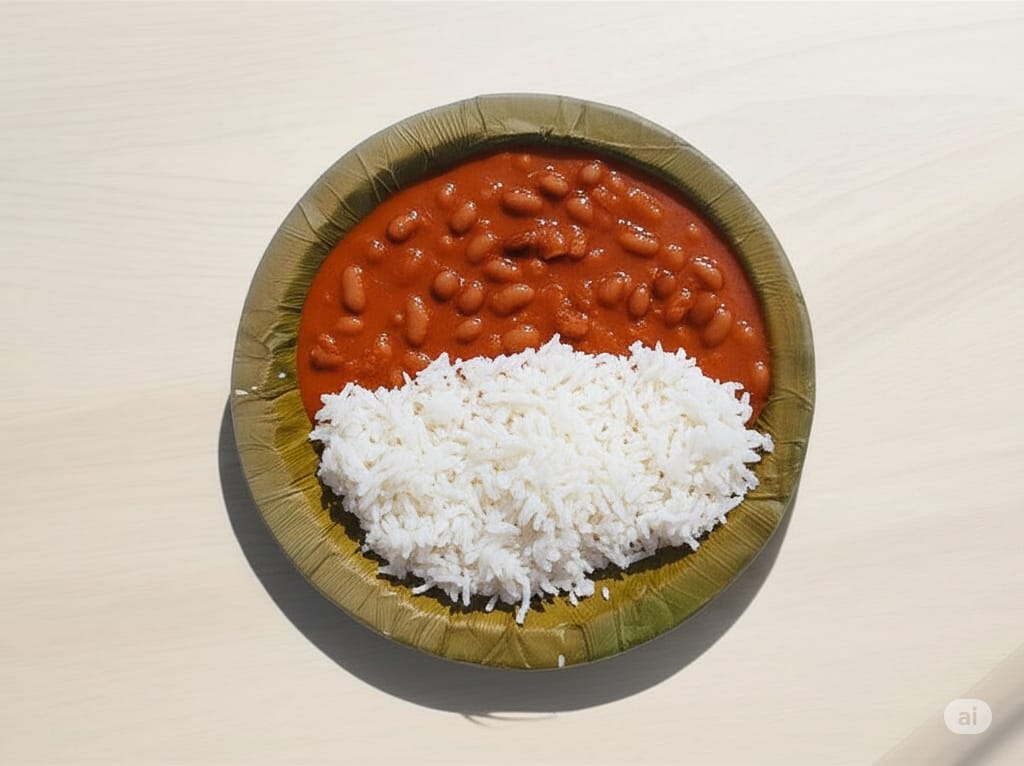
This Is Why International Buyers Are Obsessed with Desi Organic
For years, “organic from India” meant the occasional mango box or a bag of turmeric sitting in a corner health store abroad. Not anymore. India has stepped into the global organic spotlight — and it’s not just showing up, it’s showing off. Exports of organic products from India crossed over 700,000 metric tons last year, with major buyers in the United States, Germany, Canada, and the United Kingdom. From millets to moringa, spices to cold-pressed oils, Indian organic is moving fast — and buyers are lining up. Why? Because the world isn’t just looking for food that’s clean. They’re looking for food that’s real. And India, with its climate, crop diversity, and deep-rooted farming culture, is delivering exactly that. This isn’t a phase. It’s a shift. And India’s organic producers are finally getting their seat at the global table. What used to be tucked away in Indian households — neem, ashwagandha, triphala — is now headlining wellness aisles in New York, Berlin, and Sydney. The global shift toward preventative health, stress relief, and gut wellness has pushed Ayurveda into the mainstream. But here’s the catch: international buyers don’t just want Ayurvedic herbs — they want them organic. Demand for certified organic ashwagandha, turmeric, tulsi, and brahmi has skyrocketed. Buyers are done with chemically grown knock-offs. They’re looking for: Soil-grown herbs No pesticide residue Traceable farm origins Clean, no-filler processing And India is the only country that can deliver Ayurvedic herbs at scale, from source to shelf, with the cultural credibility to back it. In this global wellness gold rush, Desi organic isn’t competing — it’s leading. When international buyers look at organic, they’re not just checking for a certification — they’re looking at what’s underneath: the soil. India’s soil has a secret. In many rural regions, it’s been free from heavy industrial farming, synthetic fertilizers, and pesticide abuse — simply because small farmers couldn’t afford them in the first place. That “limitation” has now become a global advantage. Add to that: Naturally biodiverse growing conditions Generational knowledge of regenerative practices Crops grown in sync with seasons, not market pressure This gives Indian organic food its edge — deeper flavor, better nutrient profiles, and soil health that hasn’t been stripped down by decades of chemical abuse. While much of the West is trying to repair its soil, India is sitting on ground that still holds integrity. International buyers have caught on — and they’re buying into that story, literally. Walk into any high-end health store in London or Los Angeles, and you’ll see it — Indian spices on premium shelves, priced like gold. But it’s not just about flavor anymore. It’s about purity. Turmeric, cumin, ginger, cardamom — these aren’t just cooking ingredients. They’re wellness staples. And international buyers want them: Single-origin Non-irradiated Additive-free Organically certified Indian organic spices hit that sweet spot. They’re grown in smaller patches, often hand-harvested, dried in the sun, and packed with essential oils that lab-grown blends can’t match. And the world’s watching. They want Desi spices not because they’re exotic, but because they’re authentic. Clean, potent, and still carrying the scent of the soil they came from. “Organic” means nothing without proof. And international buyers aren’t taking anyone’s word for it — especially in a market flooded with fake claims. That’s where India’s certification system comes into play. NPOP (National Programme for Organic Production) – India’s backbone for organic standards, aligned with global benchmarks. Jaivik Bharat – The green leaf symbol regulated by FSSAI, meant for domestic trust. APEDA certification – Essential for exports, covering everything from farming to labeling. These aren’t just stamps. They’re trust markers — and serious buyers know exactly what to look for. But here's the flip side: buyers also know the red flags. Vague labels with no cert ID Claims like “100% natural” or “chemical-free” without documentation Products that look polished but say nothing about origin India’s organic brands and farmers who play by the book are winning contracts, shelf space, and loyalty — not because they shout loudest, but because they show receipts. There’s something about Desi organic that buyers can’t shake. It’s not just the ingredients. It’s the energy behind them. Unlike factory-farmed organics overseas, a lot of Indian organic is still grown in smaller batches. It’s planted by hand, harvested in rhythm with nature, and processed without automation stripping away the essence. You can tell. The spices smell stronger. The oils taste deeper. The grains feel heavier in the hand — unpolished, unprocessed, untouched. It’s not slick, it’s not sterile — and that’s exactly the point. International buyers are chasing food that feels alive, not food that looks manufactured. Desi organic delivers that. It carries a story — of land, labor, and legacy — something a factory barcode can’t replicate. That story is the new premium. The world isn’t just looking for food. It’s looking for roots. In a market overrun with trends, lab-made meat, and synthetic nutrition bars, India’s organic scene offers something different — something older, deeper, and harder to fake. This isn’t a rebrand. It’s a return. Desi organic is built on Ayurveda, ancestral knowledge
More Than Just Mangoes: India’s Organic Empire Is Growing
Ayurveda Goes Global
The ‘Soil Story’ Nobody Talks About
Desi Spices: Clean, Potent, Untouched
Certifications That Actually Count
The real ones:
Why Desi Organic Feels Different
The Real Obsession: It’s Raw, It’s Real, It’s Ancient





